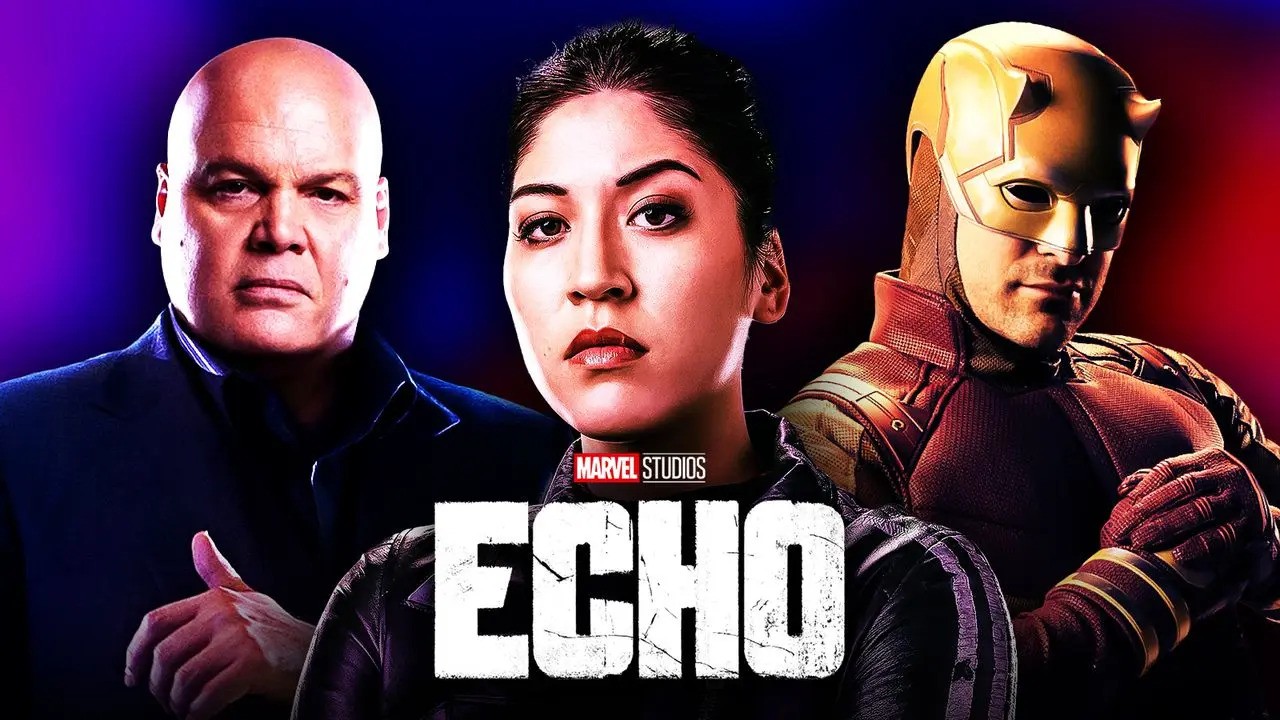In the vast expanse of superhero narratives, it’s a tall order to carve out a niche that resonates with audiences, let alone sustain it. Marvel’s latest endeavor, “Echo,” was poised to be a compelling addition to its television universe. Yet, as we delve into the intricacies of this series, it becomes evident that “Echo” serves as a stark reminder that even titans of the industry can falter. This review unpacks “Echo’s” journey, a series mired in expectations and controversies, yet struggling to find its footing.
A Prelude to Disappointment: The Warning Signs
“Echo,” a spin-off from the less acclaimed Disney Plus show, had its share of red flags. From rumors of extensive reshoots and production woes to a truncated storyline, the series seemed to be limping before it could even run. These initial concerns weren’t unfounded but instead foreshadowed a deeper malaise within the show’s core.
Character Conundrums: Protagonists Lost in Translation
Central to the criticism is Maya Lopez, the protagonist. The series intended to present a multifaceted character – a physically and emotionally scarred Native American assassin grappling with her past. Yet, what transpired was a portrayal that lacked depth and failed to strike a chord with the audience. The criticisms aren’t limited to Maya alone. The series is peppered with characters who seem to exist solely to prop up an already faltering narrative, lacking the charisma or complexity to engage viewers.
Narrative Flaws: Storytelling Gone Awry
At the heart of any successful series is its storytelling prowess. Here, “Echo” stumbles, struggling to weave together coherent and engaging narratives. The lack of clearly defined character arcs, engaging dialogues, and meaningful story progression leaves viewers disenchanted. A key element of storytelling – the cause and effect – seems conspicuously absent, leaving many plot points feeling unearned or inexplicable.
Action and Authenticity: A Missed Opportunity
Action sequences in superhero shows are pivotal. In “Echo,” these moments often feel overly reliant on CGI, detracting from the authenticity and immersion. The series misses an opportunity to present grounded, realistic action that could have set it apart in a genre often criticized for its over-the-top spectacle.
The Echo of Cultural Representation
One of the few commendable aspects of “Echo” is its use of sign language, reflecting a strong commitment to inclusivity and representation. This bold choice, however, is not consistently executed, leading to a disjointed viewing experience. The potential to explore this unique aspect of Maya’s character and offer a distinct narrative perspective was, regrettably, underutilized.
Legacy Characters: The Diminishing Returns
The incorporation of characters from more successful Marvel shows, such as Kingpin, was intended as a bolstering force. Yet, their integration often feels forced, diminishing the impact and legacy of these once-revered figures. Kingpin, a character known for his formidable presence, is reduced to a shadow of his former self, lacking the depth and intimidation that once defined him.
Conclusion: A Reflection of Missed Potential
“Echo” stands as a testament to the challenges of expanding an already sprawling universe. It’s a series that, despite its potential, falls short in execution, character development, and storytelling. As Marvel continues to explore and expand its cinematic and television realms, “Echo” will likely be remembered as a cautionary tale – a reminder that even the most promising of concepts require thoughtful execution to truly resonate with audiences.
As the curtains close on “Echo,” one can’t help but ponder the possibilities of what could have been – a tale of redemption, struggle, and cultural significance lost in the cacophony of superhero fatigue. Marvel, a behemoth in storytelling, must tread carefully, lest more echoes of missed opportunities reverberate through its halls.


